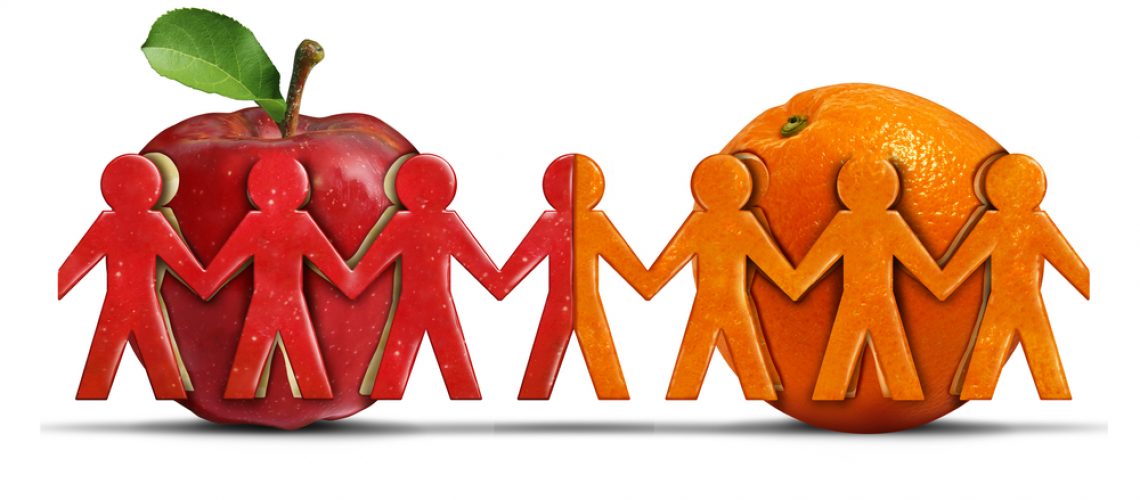I don’t know where you live, but I live in a bubble. The bubble where I live simmers with high maintenance, high achievement, and high expectations from families, parents, schools and selves. The 2e population suffers when this pot, roiling of self-comparison, boils over with concerns of measuring up. The only way to turn down the heat is to compare our children to themselves and measure their progress against their own abilities and efforts.
Unfortunately, our culture thrives off what other people do and say. Our litmus test of what we should be doing, should be enjoying, should be having is played out in social media where the entire purpose is to show off, share and like. For all we know many or most of the posts we see are conflated or exaggerated but somehow, it’s the norm to compare ourselves against anyone and everyone else. This is a nightmare culture for 2e kids and families. We will never measure up – we might not even want to measure up, but we still feel the pressure to compare ourselves.
The idea of seeing and emulating what others are doing on social media, I believe, has bled into real life. Parents have always compared their kids and themselves to others. But now we have a system to do so with reality and virtual reality somehow intertwined. Snapchat, Instagram, Facebook have become ways of living out our lives – sharing anything we do. It seems that we look at ourselves and our kids through a lens of whether this or that would make a good “post.” With this mindset it becomes increasingly difficult not to compare our parenting and our children.
Here’s the real deal: your 2e child is neurodiverse, and he will never be neurotypical so you are comparing the proverbial apple to oranges. Similarly, parenting 2e kids will not look like parenting neurotypical kids. There is no one size fits all and that’s why we must steer away from generic advice, schools, and parenting classes that proclaim to address the general population or worse, claim to address the general population and twice exceptionality.
If a school or service assumes 2e means “smart with a learning difference,” without understanding what gifted truly means (see former blogs, “Honoring Overexcitabilities Allows Us to Soar Safely”, “Advocacy: Crafting Your 2e Child’s Story,” but in a nutshell – asynchronous development, perfectionism/anxiety and overexcitabilities/intensities), then their very outlook is skewed. If they think – they can address “bright” learners with more work, again, they’re plan is doomed from the beginning. If the LD is addressed from a remediation, deficit based, diagnosis and ‘cure’ perspective, they miss the best thing about being 2e; using passions and interests to motivate learners through their struggles.
You know what’s interesting? Gifted and 2e kids, as diverse as they are, have certain universal struggles. Last month, in a presentation I was giving to a gifted program in Ashkelon, Israel, I was asked the following questions:
“How do children (and parents) cope with jealousy and sometimes teasing by other children (not gifted) especially students in ‘regular school classes,’ towards gifted children?”
The second part of this question was:
“How [do we] help a child build meaningful social relationships with peers?”
At first glance these look like completely separate questions, but they are interrelated, and they are truly universal to the gifted and 2e child, as well as their parents.
The questioner nailed it – when we talk about our kids, we have to be careful. Share too much and we aren’t believed; we are elitist. Worst of all, if we share the highs, no one believes the lows. We hear, “How can you ever complain? You have it so easy, your child is gifted.” The worst sentence ever: “All children are gifted.” No, they are not, but for those who don’t understand the true meaning and experience of being gifted and 2e, they can’t wrap their minds around the asynchrony our kids experience. So, we have to censor what we share. It’s funny, but in our homes, we don’t always notice how different our kids are. It’s when they enter the world – usually preschool or kindergarten or third grade – that we start to notice just how different our kids are, that we see difference, that they suffer and that they are asked to and expected to conform. Our kids suffer the pain of this attempted transformation. So, we must monitor what we share and with whom we share it.
“Compare your child to himself” was the other answer I gave the questioner. Achievement and potential should be wrapped up in his desires and abilities, his process of comprehension and completion. While all 2e kids are unique and I often say, “show me one 2e kid, and you’ve shown me one 2e kid,” there are commonalities; challenges with processing speed, working memory and writing. I never say slower processing speed, I refer to this as deeper processing speed. When we consider the amount of detail our satellite dish of a child notices, of course it’s going to take them longer, just like a computer crunching more data. The logical extension is that our data crunchers have a harder time holding this information in their minds, organizing it and recalling it – as working memory assessments require. And the writing. Raise your hand if your 2e child loves to write. I’m guessing only a few, if any of you, raised your hand. Again, the executive functions required to outline the massive amounts of information in 2e brains often make it extraordinarily painful for our kids to try and express themselves via the written word.
The most important thing is to tell your child what it means to be gifted and 2e, and what this means specifically for them. Do they make rapid connections that may be unsettling at times? Are their emotions huge so that they are physically affected by them? Do they get frustrated waiting for others to catch up? Are their interests different and deeper than their peers? Are they a visual learner? An auditory learner? Tell them what this means and the strengths of how they learn. Let them know they aren’t alone even though sometimes it will feel that way and let them know that they can always come to you, that you share some common characteristics. Tell them you love the way they are. Normalize their outlier-ness so they can look at themselves and feel good about their accomplishments and their abilities. Show them the struggle is all part of their success. Do this to counteract the self-harm they inevitably inflict upon themselves when they notice their differences.
Part two of the question posed above asked about helping gifted and 2e children build meaningful social relationships “with peers.” That last part is imperative; peers. Who are your child’s peers? Be okay if your child’s peers are not ‘age peers.’ In fact, look for interest peers for your child. And, if your child revels in something alone – be okay with that too, she needs to fill her soul with what she loves before she, as an orange, has to face all those apples again.
We must teach our children to love themselves for who they are and to do that, as their parents, we have to give ourselves permission to allow them to be different. Stay away from snap chat posts, pinterest photos and Instagram images because 2e kids are never “picture perfect” and why in the world would you ever want them to be?

Author: Julie F. Skolnick M.A., J.D.
Julie Skolnick, M.A., J.D., is the Founder of With Understanding Comes Calm, LLC, through which she passionately guides parents of gifted and distractible children, mentors 2e adults, and collaborates with and advises educators and professionals on bringing out the best and raising self-confidence in their students and clients.


